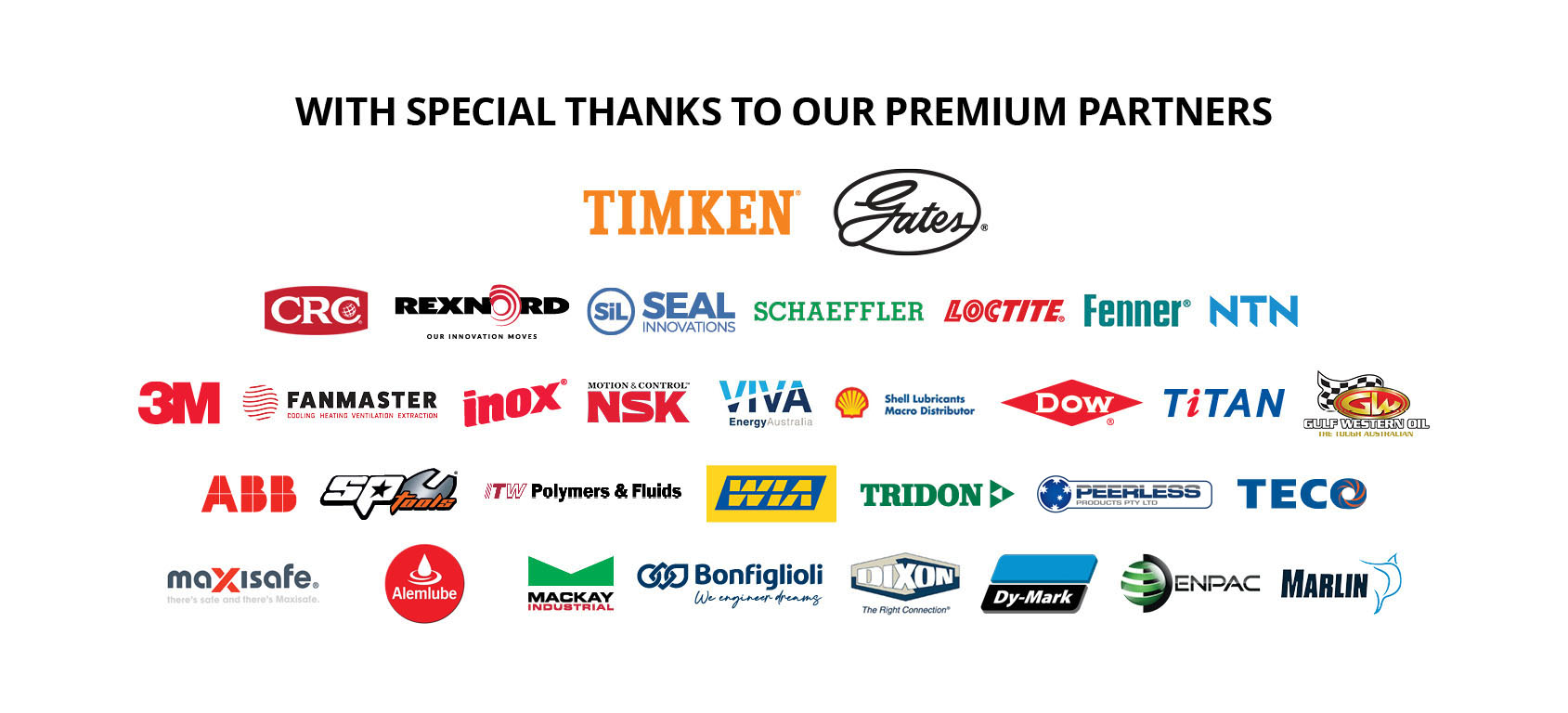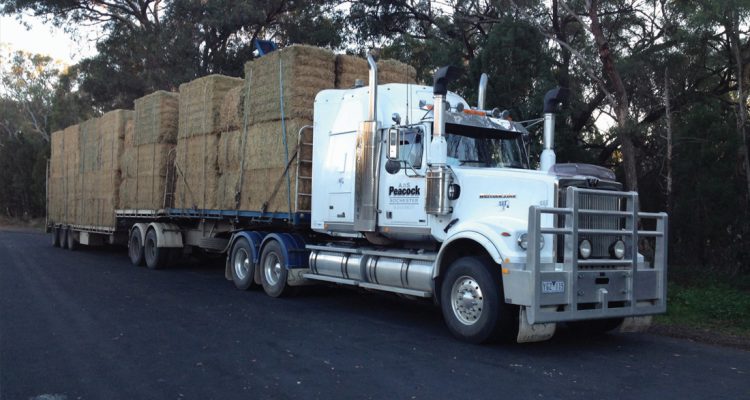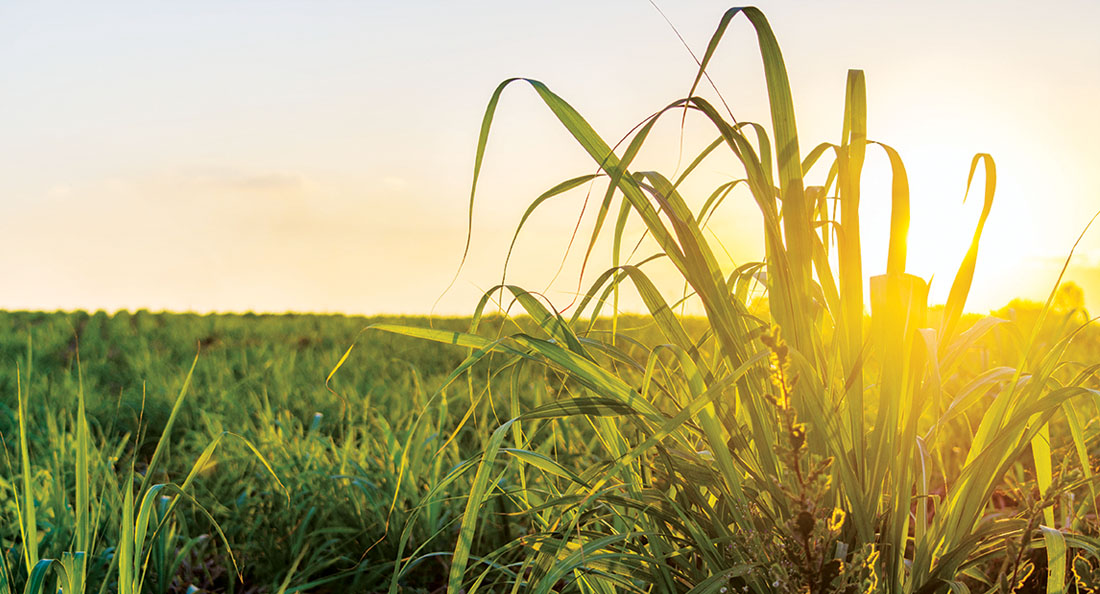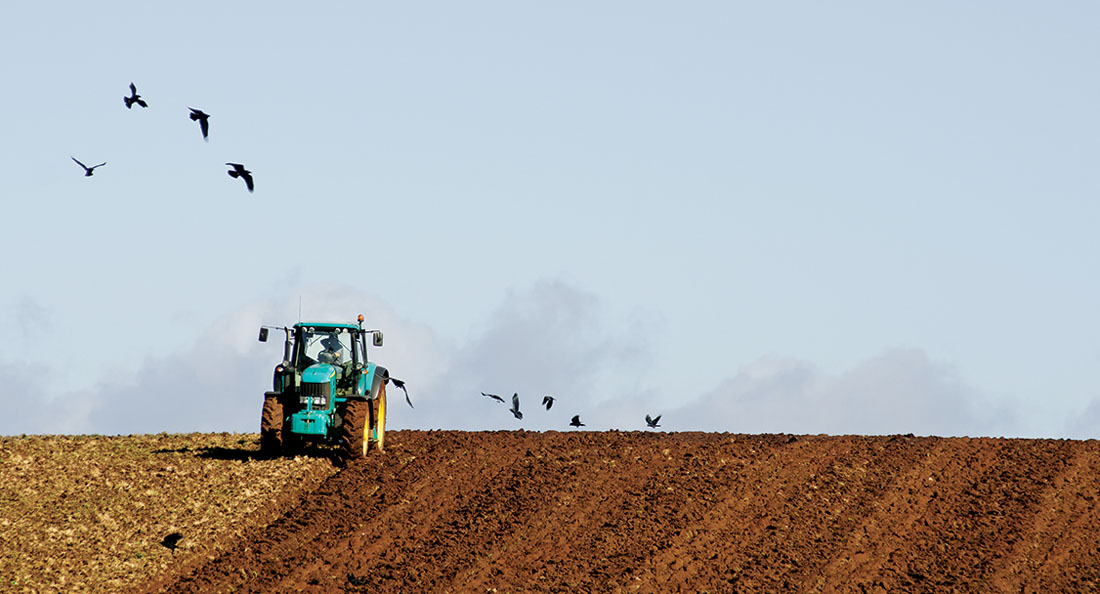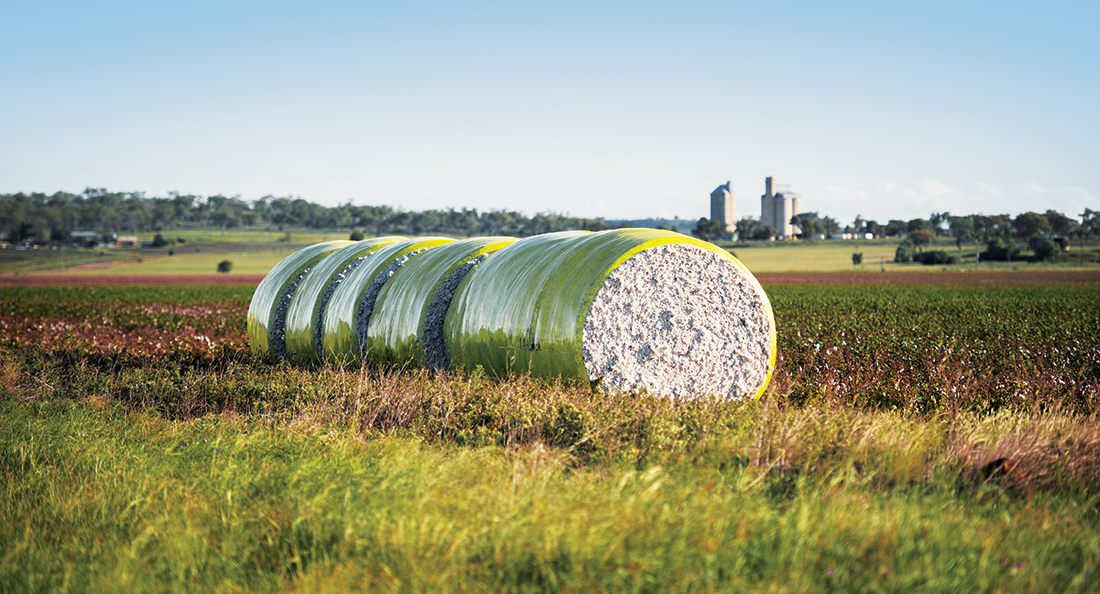“The most common mistake made in transporting hay is that most miss checking the condition of the ratchet straps before securing their load. Ratchet ties are a consumable product. It is vitally important to regularly check the condition of your straps and replace them if any wear or damage is present. Safety should never be compromised by trying to prolong a strap’s life,” cautions Dave Malthouse, CBC’s National Product Manager for Lifting and Rigging.
Every year, hundreds of thousands of tonnes of hay are carted across Australian transit networks. Trucks and trailers move at high velocities under overpasses and across highways and bridges. Although straps may seem like a simple, dollar value item, regularly replacing the straps on a rigging operation is paramount to the safety of other drivers and passers-by.
Ratchet straps consist of a polyester woven webbed strap with a ratchet handle for tightening and releasing the straps.
According to Work Safe Queensland1 incorrect usage of tensioners such as webbed hand ratchets have caused severe injuries from accidents and falls. For this reason, performance standards for strap products must be met to prevent truckloads of hay from separating from the truck during transit, shifting, or causing the truck to become unstable.
Beck Wolfe is the Office Manager for Peacock Transport and Hay Contracting, a business started by her parents over 30 years ago. According to Beck, “We started with one truck and now we have eight.”
Peacock Transport travels Australia-wide, carting hay, machinery, grain, agricultural machinery, and general freight. They are unique in that they offer hay contracting services as part and parcel of their services.
“We don’t just cart the bales, we make them too,” says Beck. “We move tens of thousands of tonnes of hay per year, so we need good quality straps. If the straps fail, the hay will fall off the trailer. We stack the bales four bales high on the truck and then line them up two stacks side by side and that’s what the straps go over,” explains Beck.
“Marlin is our preferred brand because of the quality. Every couple of months we call up CBC and place a big order so we can keep them in our shed. Then the drivers come and get them as needed.”
Marlin Industrial Products is Motion Asia Pacific’s in-house brand, born of a desire to supply robust and reliable materials handling solutions to the Australian industry. Currently, Marlin products are being stocked and distributed by over 70 CBC branches across the country.
Marlin Industrial Products was created by Dave’s mentor and current lifting team experts. Subsequently, Dave inherited the knowledge and expertise required to recommend the right product for the right application. He highlights the key points of difference with Marlin versus its competitors.
“We use a heavy woven strap. Unlike most of our competitors, our straps are not heat moulded together. They are stitched. The binding is pre-tested to make sure that the load bearing is to spec,” explains Dave.
Every Marlin strap product goes through a rigorous testing process to ensure that they meet Australian health and safety standards.
“This guarantees that all Marlin products adhere to Australian guidelines,” Dave expands. “From a safety perspective, the key thing we have to look for is fraying on the edges. With lesser products, they will make a big sheet and cut the straps off and heat treat them on the sides. Ours are individually woven and stitched on the sides.”
Marlin uses an all-metal steel compound in the construction of their ratchet handles and hooks. The whole strap contains absolutely no plastic components.
“Our opposition brands use a plastic centre so the ratchet can crack. Plastic is not ideal for materials handling as it will burr during movement and eventually bind together. It wears and becomes unsafe quickly,” says Dave.
“There is formula for determining how to properly calculate your bale tonnage and how much your trailer and straps can accommodate. We at CBC can help with that kind of assessment.”
The Marlin Heavy Duty Ratchet straps come in a 50mm strap which is designed for a maximum load of up to 2.5 tonnes (2500kg). For really large volumes, there is a wider 75mm strap that can accommodate up to four tonnes (4000kg).
Dave concludes, “Round bales use 2.5 tonne straps. But once you get into square bales that are being stacked high on a trailer, you need to be using the 4 tonne straps.”
Together, Motion Asia Pacific and Marlin continue work to promote best practices and safety standards to keep Australian hay bales rolling.
References:
1. Work Safe Queensland, Securing Loads on Trucks https://www.worksafe.qld.gov.au/safety-and-prevention/hazards/workplace-hazards/transport/securing-loads-on-trucks
